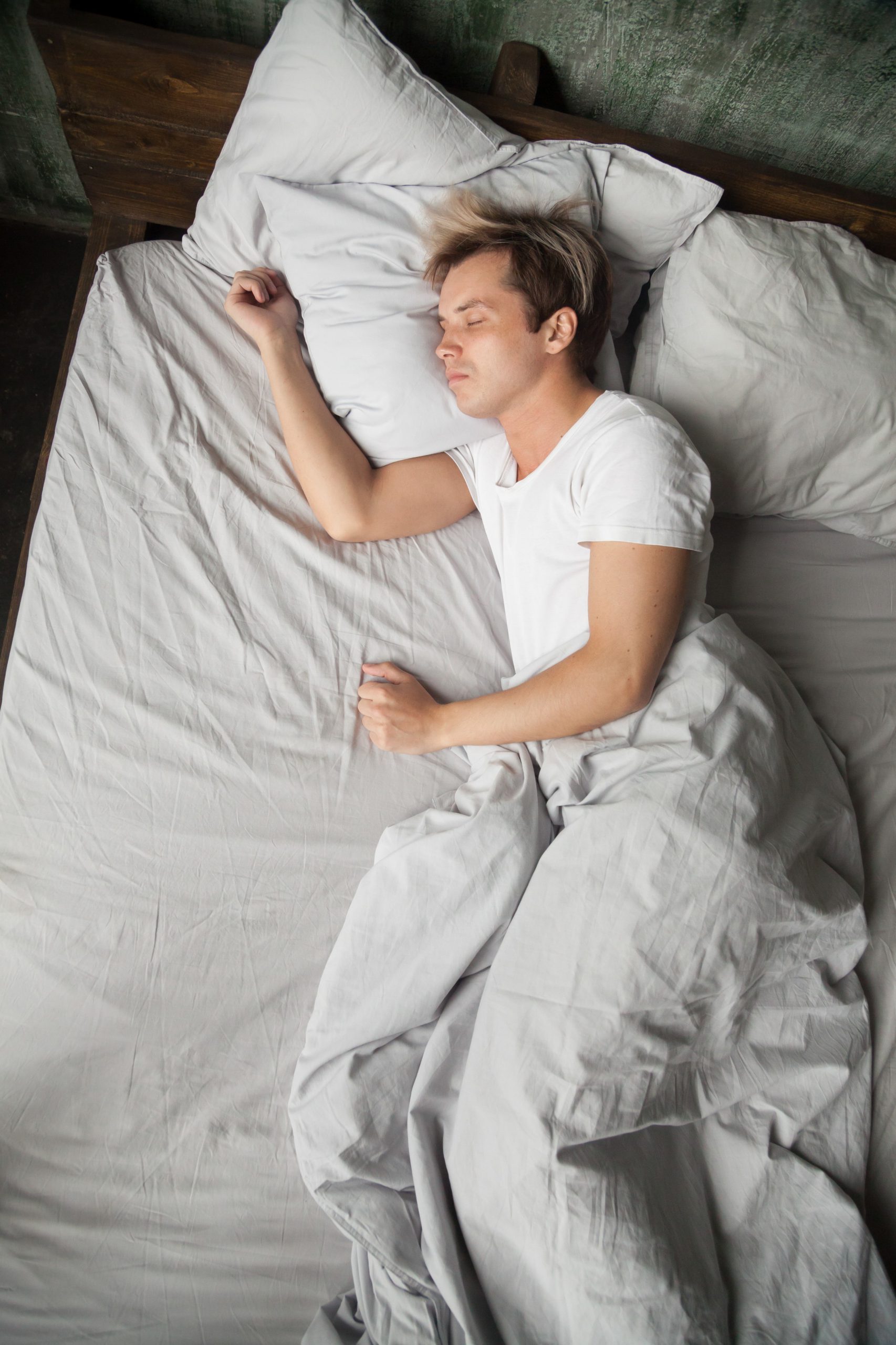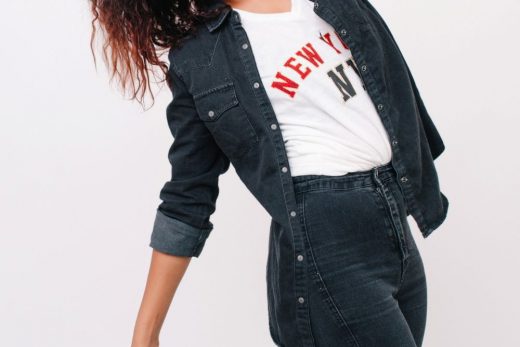Famous Margaret Thatcher only slept four hours each night. Donald Trump continues the same claim, and if you read an article from Business Insider’s “Day In The Life” series, you know that a business leader (i.e. a successful person who is not sympathetic) must wake up before five in the morning if you are on the Fortune 500. We live in a culture of engagement where working longer and less determined than anyone else has become a status symbol, and the ability to live with as little sleep as possible is respected.
The average person spends a third of their life in bed, but for most people, real, high quality sleep is rarely seen. Only one in three adult Americans gets enough sleep; We are on the verge of a sleep crisis, according to the Center for Disease Control and Prevention in the USA.
“We want to look busy, and one way to express that is to talk about how little we sleep,” says Matthew Walker, sleep researcher and author of Why We Sleep: Unlocking the Power of Sleep and Dreams, in a 2017 interview. “This is a sign of honor.” But instead of rethinking our obsession with efficiency, we are now building a whole new industry on helping sleep. So much so that the global sleep support market is expected to be 115.4 billion dollars by 2025.
Sleep support is nothing new. Various herbal remedies have been used in different cultures for centuries, and sleeping pills have been consumed comfortably since they were developed in the 1970s. While today’s market offers accessible and affordable solutions due to the increase in sleep innovation (eye masks, aromatherapy oils, sleep meditation and sleep monitoring apps), elite solutions dominate the market, turning sleep into the latest luxury trend.
From ambience changes (beds, pillows and lighting), sleep monitors and smart alarm clocks to therapeutic applications (surgeries and apnea treatment devices), there is a product for almost everyone. All of these have one thing in common: exorbitant price tags. Weighted gravity blankets are £ 190, “green” mattresses £ 1,000; organic silk pajamas, duvet covers and sheets; Silk sleep pillows (which also doubles as a beauty product, according to Goop) and even a £ 100 stone diffuser.
But of course sleep is not a luxury, but a biological necessity. “Sleep deprivation for a total of 72 hours can lead to serious mental and emotional symptoms in people. Over a longer period of total sleep loss [insomnia] causes an increase in symptoms of anxiety and depression as well as a long-term decrease in immune response, an increase in heart and metabolic diseases such as diabetes and obesity.
There are several reasons why most people have trouble getting enough sleep. According to a frequently mentioned study, changes in lifestyle such as alcohol and caffeine consumption and lack of exercise have a stimulating effect on our brain, making it difficult to relax and fall asleep.
Broader cultural changes can also be held responsible.24/7, 364 days a year, community structure makes unique demands on our physiology. The advent of the digital age (especially social media) over the past 10 years has physically eroded our sleep-wake physiology by incorrectly increasing our wakefulness levels and keeping our body temperature at waking levels. 24/7 light blurred the boundary between work and relaxation; Since we are no longer restricted by the day and night cycle of nature, we can work, exercise or have fun until late at night thanks to an adequate level of alertness, which is harmful to our sleep health.
But not everyone is affected in the same way, as lack of sleep is becoming a growing reality for people with lower socio-economic backgrounds. This makes this group more vulnerable to serious physical and mental mental concerns. People with less financial resources have less control over their lives, including sleep conditions (timing, lighting, noise, etc.). You would guess that a multi-job single mother wouldn’t be able to prioritize her sleep when she has concerns like paying rent and putting food on the table.
We must feel comfortable and calm for the most ideal sleep. We must be safe and protected from danger. Although luxury sleep solutions such as air humidifiers and weighted blankets respond to the same deep human needs we all have, they not only eliminate the access of those who suffer the most from poor quality sleep but also ignore the root of the problem due to their high prices. While more affordable alternatives provide short-term relief, the truth is that no aromatherapy oil – no matter how much it is used – will alleviate this structural sleep inequality.
For short-term sleep solutions, it is advised to adopt a regular sleep-wake routine, to exercise for 30-40 minutes before four in the afternoon every day, and to stay away from all digital devices at least one hour before bedtime. However, structural changes are also necessary to resolve the sleep difference.The public health community should view sleep health as a core health behavior along with nutrition and exercise. Our leaders should embrace and glorify sleep rather than see it as a personal weakness.
It is not surprising that most of us have trouble sleeping in this time of increasing uncertainty. However, the cost of not being able to rest is very high in terms of both our health and our bank account. There’s no doubt about the appeal of luxury sleep solutions. But it cannot be justified that these products are not suitable or accessible to the people who need them most. As the struggle for equal access to accommodation, education and health continues, we must add sleep to this list and ensure that everyone in the world has a peaceful sleep.





